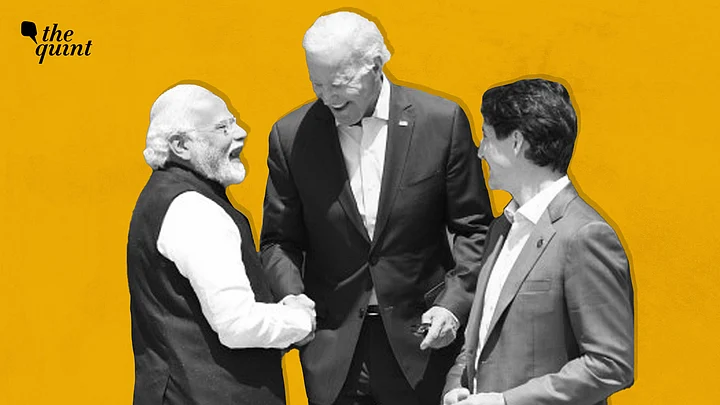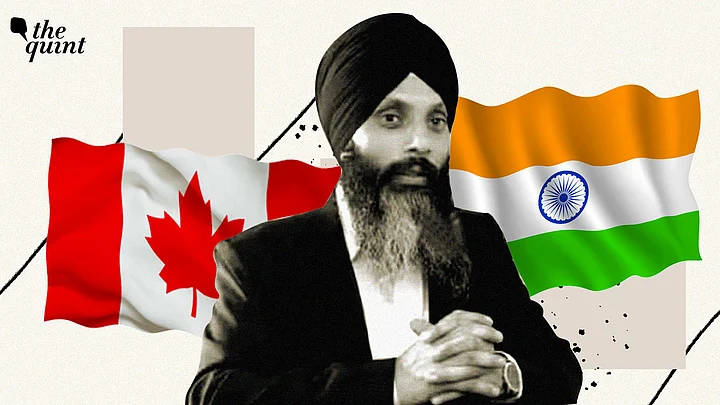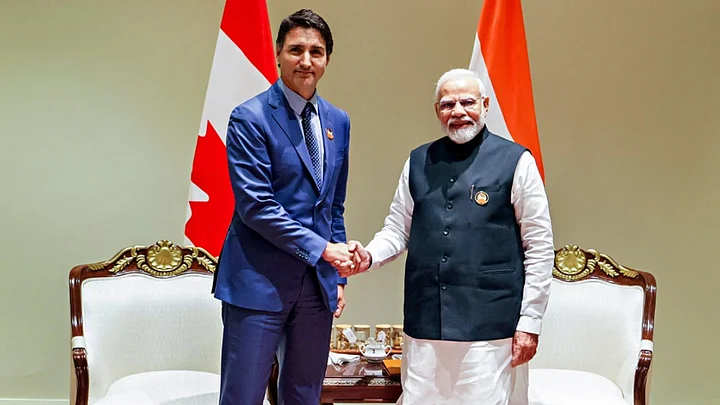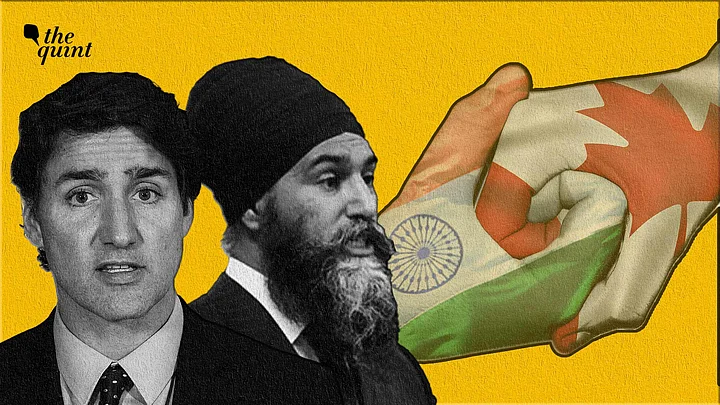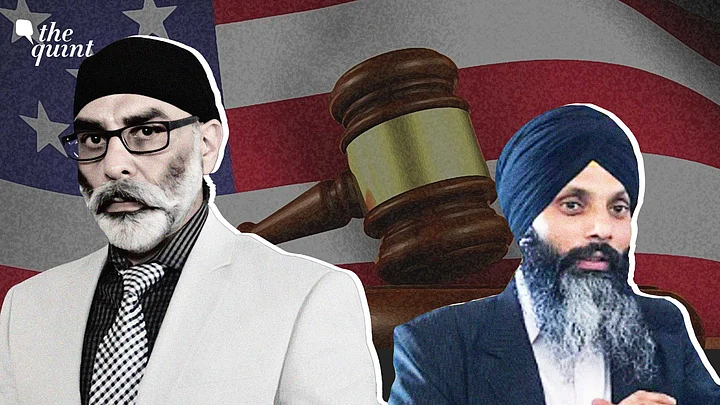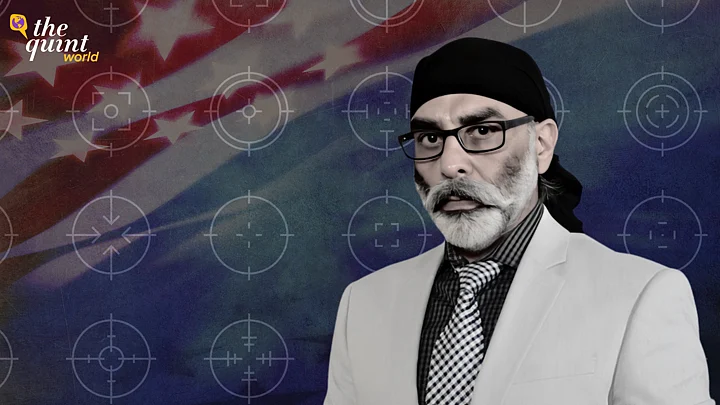Indo-Canadian ties are now at their lowest ebb in years. The reasons are quite straightforward.
Ottawa has claimed that it has incontrovertible evidence that links members of India’s High Commission as well as its intelligence agencies to the killing of Hardeep Singh Nijjar (of Canadian citizenship), in June of last year in a suburb of British Columbia. India's Ministry of External Affairs has vehemently denied that New Delhi had any hand in his assassination.
Despite its unequivocal denial, Canada has expelled six Indian diplomats including the High Commissioner, Sanjay Kumar Verma, and India has reciprocated in equal measure. Furthermore, New Delhi has suggested that Ottawa, under Prime Minister Justin Trudeau’s government, has coddled Sikh separatists largely because of electoral reasons.
It is difficult, if not impossible, to adjudicate the veracity or the lack thereof of these competing and contrary claims. However, the seriousness of the charges that have been levelled against New Delhi cannot be dismissed. If there is any shred of evidence that links the government to these charges, Indo-Canadian relations will continue going through a rough patch for the foreseeable future.
Beyond this crisis, New Delhi may also face possible troubles with Washington, DC, owing to allegations that it has also plotted to assassinate Gurpatwant Singh Pannun, an American citizen and an outspoken supporter of the Khalistani separatist cause in New York City. Yet again, the Government of India has vociferously denied any involvement in this alleged effort to kill Pannun.
Officials in the three capitals will now have to deal with these deeply troubling allegations as they simply cannot be swept aside or glossed over. Officials in New Delhi may well conclude that while they value their ties to Ottawa, they can afford not to spend sleepless nights about the current fracas that has erupted in the bilateral relationship.
More to the point, they can, with some legitimacy, even argue that Canada has long failed to address its concerns about the activities of Sikh separatists in the country.
However, the limited criticism that it has encountered in Washington, DC over its apparent involvement in the attempt to kill Pannun, is unlikely to last. It is entirely possible that the Biden administration has been muted in reproaching India for two compelling reasons.
First, it values the strategic US-India partnership. Despite New Delhi’s commitment to the concept of “strategic autonomy”, Washington realises that both capitals have a shared interest in containing Chinese revanchism in Asia. Consequently, even if New Delhi was involved in this sordid effort to kill an American citizen of Indian origin, the issue might best be resolved through appropriate diplomatic channels and without needless and awkward public fanfare. Second, with the politically fraught presidential election mere weeks away, the administration may not be in a hurry to grasp this nettle now.
Nevertheless, if indeed, evidence emerges in the public domain that New Delhi was implicated in the assassination attempt, then stonewalling on this issue will not work. Policymakers in New Delhi, both in the current government and earlier, have worked long and hard to build a viable strategic partnership with the United States. This effort, which had started quite fitfully toward the end of the Cold War and had then received an extraordinary boost following the US-India nuclear agreement of 2008, is much too important to be placed in jeopardy.
Bluntly speaking, New Delhi can ill-afford to alienate the United States for a host of reasons of its own. To begin with, on its own, it lacks the necessary military wherewithal to cope with the ongoing threat that it faces from the People’s Republic of China (PRC), its long-term adversary. Consequently, defence and security cooperation with the United States is its only viable means for coping with that threat.
Furthermore, faced with Russia which is bogged down in Ukraine and increasingly dependent on the PRC both militarily and diplomatically, it cannot count on Moscow as a viable partner now or even in the future. Many within India’s official circles are loath to face up to that prospect; however, their denial of that looming reality could well be at their own peril.
There is little question that owing to a range of policy choices over the past couple of decades, both at home and abroad, New Delhi’s standing in global affairs is no longer inconsequential. Given this felicitous circumstance, it would amount to a proverbial self-inflicted wound if it were to ignore the concerns of its most important strategic partner at this critical moment.
(Sumit Ganguly is a Senior Fellow and directs the Huntington Program on US-India Relations at the Hoover Institution, Stanford University. This is an opinion piece and the views expressed are the author’s own. The Quint neither endorses nor is responsible for them.)
(At The Quint, we question everything. Play an active role in shaping our journalism by becoming a member today.)
